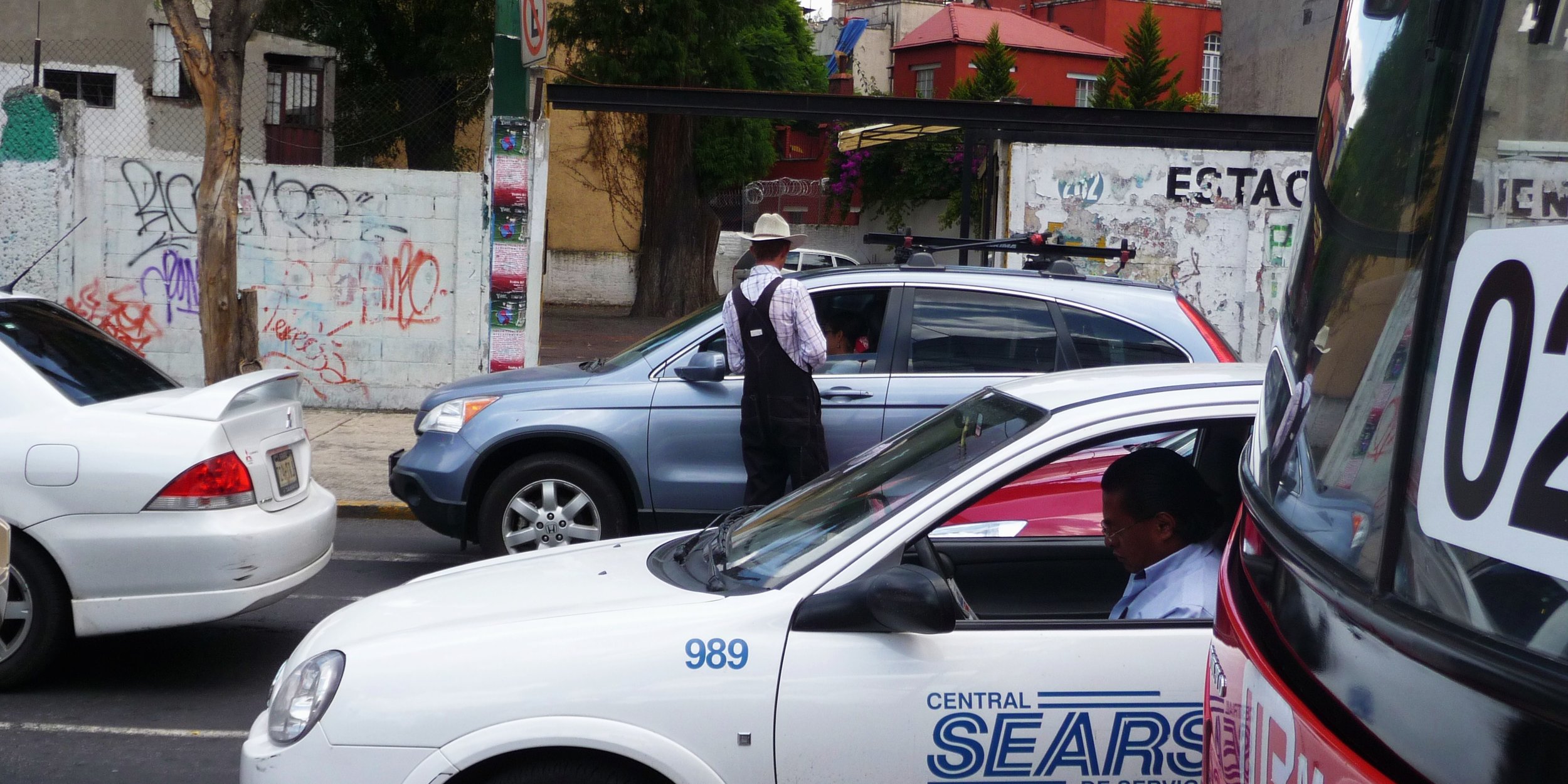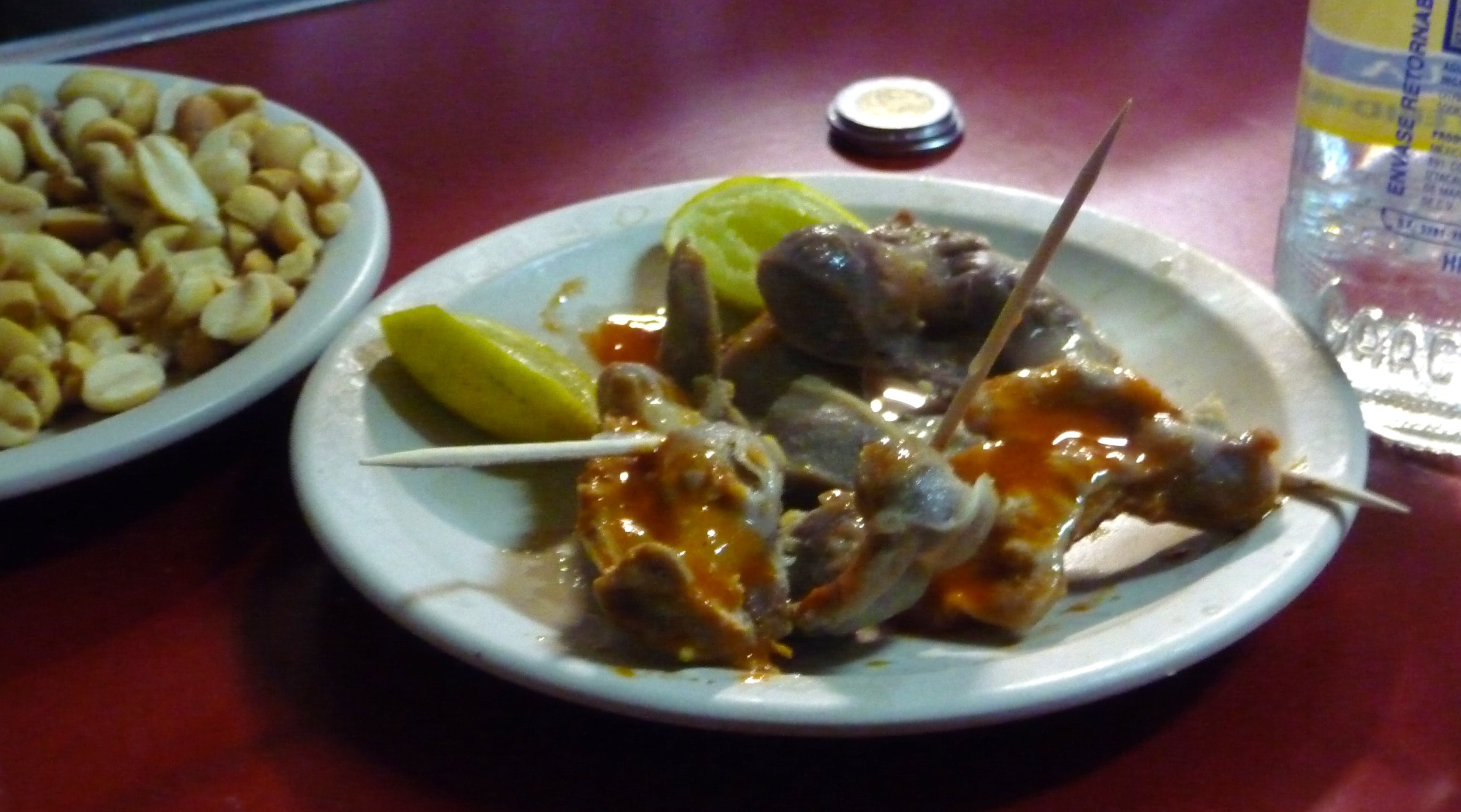
In 1922, President Álvaro Obregón invited twenty thousand Mennonites to settle in the unforgiving desert between Ciudad Juárez and Chihuahua City in the border state of Chihuahua. They'd been having trouble in Saskatchewan and Manitoba, because the government felt that their children should be obliged to study in the English language beyond the sixth grade, and to be available for military conscription. (Mennonites tend to be loyal to God rather than whatever state they are living in, and believe that a little education, in High German, goes a long way. Pacifists, they will not let their children join any army.)
Mexico sold them 247,000 acres of land at $8.25 U.S. per acre. Today, about fifty thousand Mennonites live in or near Ciudad Cuauhtémoc in Chihuahua, and thanks to them, the entire area is farmed and to some extent industrialized.
However, Chihuahua is one of the epicenters of the current drug violence in Mexico. According to this report from the BBC, Mennonites have been sadly caught in the crossfire, principally as victims of kidnapping.
Among the activities of the Mennonites is the fabrication of cheese. Sometimes they will send a representative, clad in straw hat and overalls, to Mexico City to sell it to drivers stalled in traffic. Here one of their minions haggles with a motorist near the corner of Insurgentes and -- perhaps fittingly, given his role in their destiny -- Avenida Álvaro Obregón.




